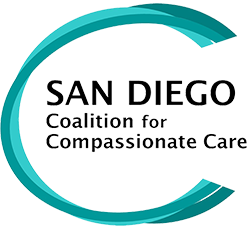Summary:
A two-day program designed to help healthcare providers develop the skills necessary to have quality conversations about medical interventions at the end of life.
Using the standardized California POLST curriculum and presented in a train-the-trainer format, the training guides participants through the POLST form and uses role-playing exercises to model the complex scenarios that arise during end-of-life care discussions.
After completing this course, the active participant will be able to:
- Describe the target population for POLST completion.
- Facilitate a culturally-appropriate POLST conversation.
- Complete a POLST document.
- List the signatures required on the POLST.
- Describe two examples of when a POLST discussion is referred to a primary physician, nurse practitioner or physician assistant for POLST completion.
- Describe the difference between an AHCD and the POLST document.
- Convey the importance of completing an AHCD with a patient who has capacity to name their agent/healthcare decision-maker
- Facilitate a discussion on how to complete a culturally-appropriate AHCD.
- Identify two conditions that may cause functional decline leading to a primary focus on palliative care with comfort as the goal of care.
- Discuss the importance of palliative care with patients and family members.
- In addition to learning the specifics of the California POLST form, this training spends a great deal of time with role playing and having quality conversations about treatment options at the end of life.
